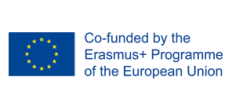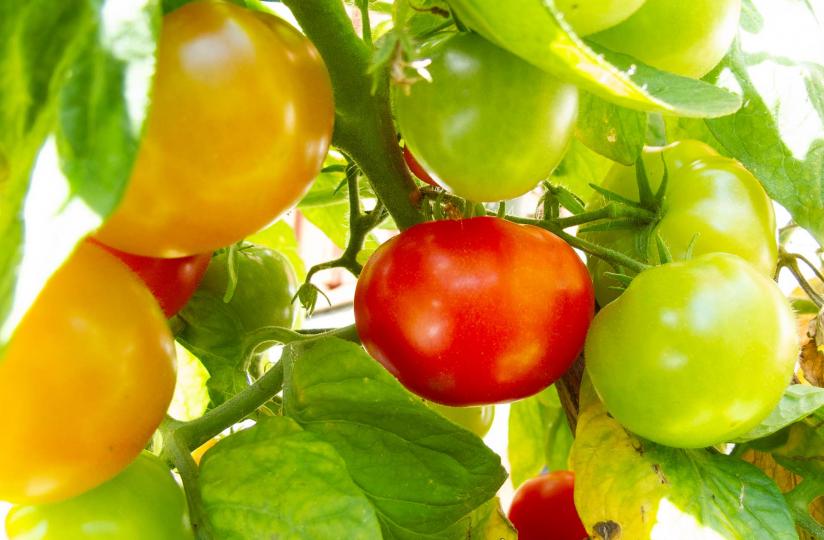Focus on education for environmental sustainability 2021-2027
In recent years, EU policy has become increasingly focused on the topic of environmental sustainability. The European Green Deal launched in 2019, is the European Commission’s plan to make the EU economy sustainable, marking its ambition for Europe to become the first climate-neutral continent by 2050.
Therefore, the report investigates the outcomes of Erasmus+ projects implemented between 2014 and 2020 that focused on the topic of education for environmental sustainability.
The starting point for this analysis was to establish an inventory of 120 projects that are available in the Erasmus+ database and are labelled as "good practice". Based on this list, 15 projects were selected for fieldwork. One of those selected was a project called “The Healthy food choices for a sustainable future – Healthy Future project” coordinated by Omnia.
The report summarises the main findings of the 15 case studies carried out as part of this research, with a view to identify and showcase successful approaches and to support EU policy development in this field. In this document you can find the project presentation section on pages 100–107.
This work was commissioned by the European Commission and implemented between January and June 2021 by a consortium consisting of 3s Unternehmensberatung (Austria), the Danish Technological Institute (Denmark) (dti.dk) and Ecorys Europe (ecorys.com).
Online interview on the results and impact of Healthy Future project conducted in May 2021
The selection of case studies represents a balanced mix of different Erasmus+ programme types: Key Action 1 (KA1) and Key Action 2 (KA2) and sectors: Youth, School Education, Vocational Education and Training (VET), Higher Education and Adult Education.
The Healthy food choices for a sustainable future – Healthy Future project was a KA2 development project for the food service industry with an implementation period of 1.9.2016–31.10.2018. The idea of the project was born on the need to develop the students' professional skills of sustainable development.

The students of the project presented the sustainable food they prepared at the stand.
The project improved awareness of healthy eating habits together with healthy food and climate focused choices. This meant working with vegetable-enhanced diet and networking between culinary vocational schools and colleges and working life representatives in the fields of health, tourism & catering and environmental technologies in Finland, Croatia and Italy. The project’s main target group were students from the hotel, restaurant and catering industry in the three European partner countries.
The Healthy future project was co-funded by the European Commission’s Erasmus+ program. The project partners were Omnia, the Joint Authority of Education in Espoo Region and The Joint Authority of Education of Kotka-Hamina Region Group Ekami (ekami.fi) from Finland, Galileo.it from Italy and Centar za odgoj i obrazovanje Slava Raškaj Zagreb (centar-sraskaj-zg.skole.hr) and Hotelijersko‐turistička i ugostiteljska škola Zadar from Croatia. Omnia was the coordinator of the project.
Read the research document (europa.eu).
Information about the Omnia's Healthy Future -project


